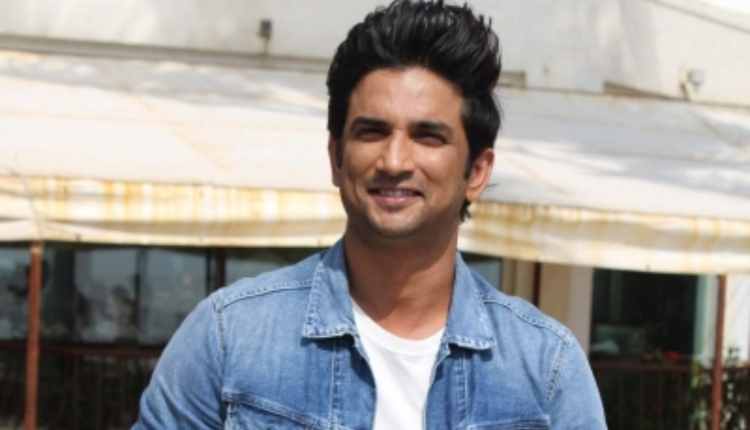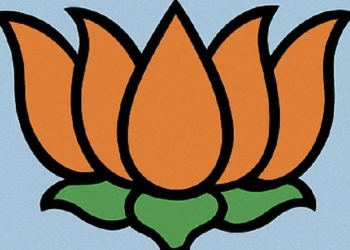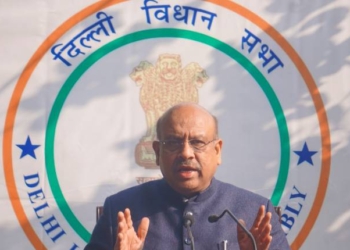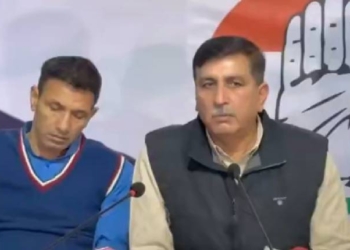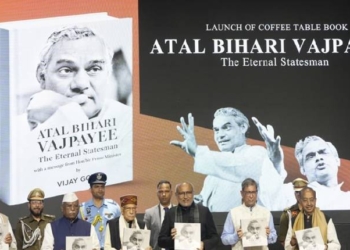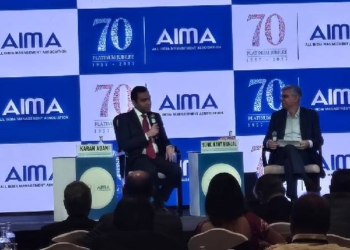New Delhi: The father of late Bollywood actor Sushant Singh Rajput (SSR) has faced a setback as the Delhi High Court rejected his plea to halt the continued streaming of the film ‘Nyay: The Justice’, based on his son’s life
A single-judge bench of Justice C Hari Shankar refused to pass an injunction order against the movie – airing on Over-The-Top (OTT) platform Lapalap Original – on grounds that Rajput’s personality, privacy and publicity rights extinguished with his death and cannot be taken forward by his father.
Moreover, the court observed that the content of the film is based on news reports and news that was aired and, therefore, constitute publicly available information.
“In making a film on the basis thereof, it could not, therefore, be said that the defendants had violated any right of SSR, much less of the plaintiff, especially as the said information had not been questioned or challenged when it appeared in the media, either by SSR or by the plaintiff. Nor were the defendants required to obtain the consent of the plaintiff before making the movie,” Justice Shankar observed.
The judge said that even if it is to assume that the film violates Rajput’s publicity rights or defames him, the violated right is personal to him and cannot be said to have been inherited by his father Krishna Kishore Singh.
“Besides, the movie being based on information in the public domain, which, at the time of its original dissemination, was never challenged or questioned, cannot be sought to be injuncted at this distance of time, especially when it has already been released on the Lapalap platform a while ago and must have been seen, by now, by thousands,” the court said.
The court concluded that it cannot pass an order to stop the streaming of the movie – released in June 2021 – especially when it has already been released and must have been watched by thousands of people.
“The movie cannot be said to be infracting Article 19(2) of the Constitution of India. Injuncting further dissemination of the movie would, therefore, infract the defendants’ rights under Article 19(1)(a),” the court said.
(IANS)




